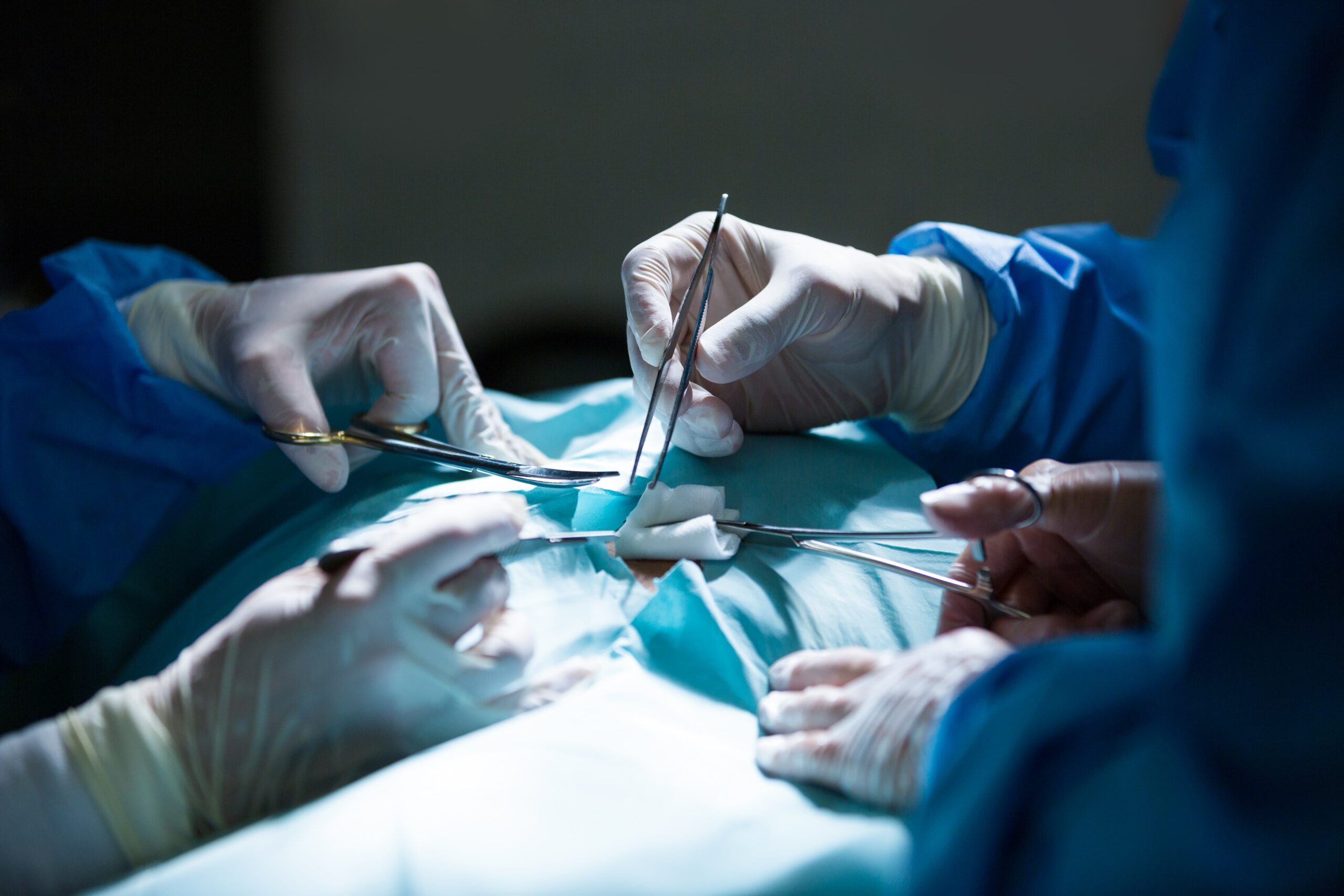Blogs
Latest Blogs

Laparoscopic Gallbladder Surgery - a Safer Option with Dr. G.D. Sharma
Laparoscopic cholecystectomy is a minimally invasive surgery that involves removing the gallbladder through small incisions using a laparoscope. Dr. Sharma uses the latest 3D and HD laparoscopic systems, which provide high-definition visuals, improving precision and reducing complications during surgery. Patient-Centric Safety Protocols He performs a detailed preoperative evaluation to identify risk factors like obesity, diabetes, or liver issues. This personalized approach ensures each patient is medically optimized before surgery. Exceptional Track Record With a high success rate and minimal post-op complications, Dr. Sharma’s outcomes are among the best in the region. Most patients are discharged within 24 hours. Choosing laparoscopic surgery with an expert like Dr. G.D. Sharma can significantly improve your surgical outcome. His blend of technical skill, modern equipment, and patient-first care makes the procedure not only safer but also smoother and quicker.

“When Do You Need Anal Reconstructive Surgery? Insights by Dr. G.D. Sharma”
Many patients live silently with discomfort, pain, or embarrassment due to rectal or anal deformities. Whether from chronic conditions, trauma, or failed surgeries, anal reconstructive surgery may be the solution. Dr. G.D. Sharma, an expert in colorectal and laparoscopic surgery, explains when and why this advanced procedure might be needed. Anal reconstructive surgery refers to procedures aimed at repairing or restoring the normal function and anatomy of the anus or rectum. It can involve: Sphincter repair Fistula excision Skin flap reconstruction Corrective surgery for incontinence or stenosis Common Conditions That Require Surgery 1. Chronic Anal Fistulas Recurrent fistulas that don’t heal with medications or minor procedures may require a more structured repair or flap surgery. 2. Anal Stenosis Scarring or narrowing of the anal canal from past surgery, radiation, or infections can lead to difficulty in passing stools, requiring reconstructive intervention. 3. Trauma or Injury Obstetric trauma during childbirth, or injuries from accidents, may lead to structural damage that impacts continence or causes pain. 4. Anal Incontinence Loss of bowel control due to nerve damage or weakened sphincter muscles may be treated through advanced surgical repair.

